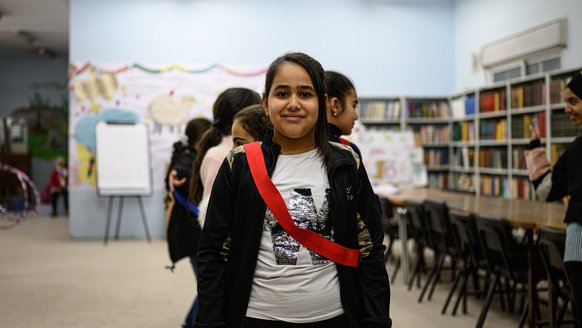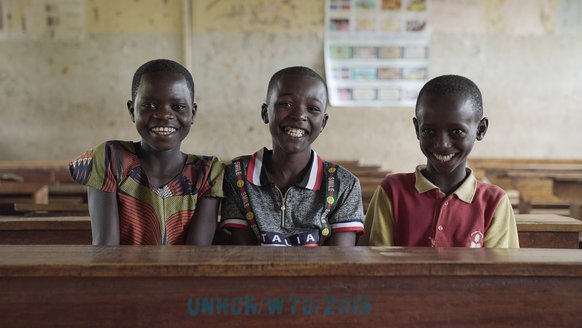"Violence is almost inevitable - and children face the greatest risk."
Dec. 20, 2018
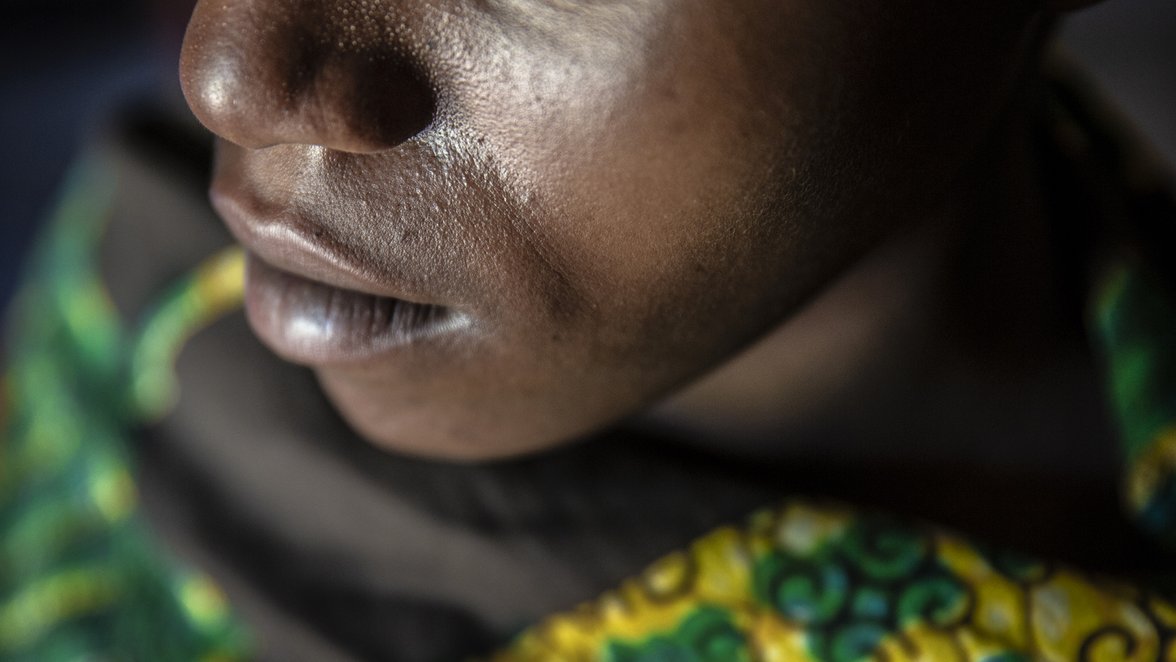
Violent uncertainty
The Democratic Republic of Congo (DRC) has experienced more than 20 years of internal conflict - and tension inside the central African state is rising ahead of long-awaited elections. In the face of international pressure President Kabila has confirmed that he will not stand for an unprecedented third term - but violent uncertainty continues to surround the now-postponed elections.
Internal divisions
Jean Kabisa works as an Education Programme Development Advisor for War Child inside DRC. Jean has been monitoring political developments in the country for some time now - and is concerned by what he sees. "The situation is alarming,” he says. “The tensions between the political camps are increasing. It seems inevitable that violence will follow - and children here face the greatest risk from it.”
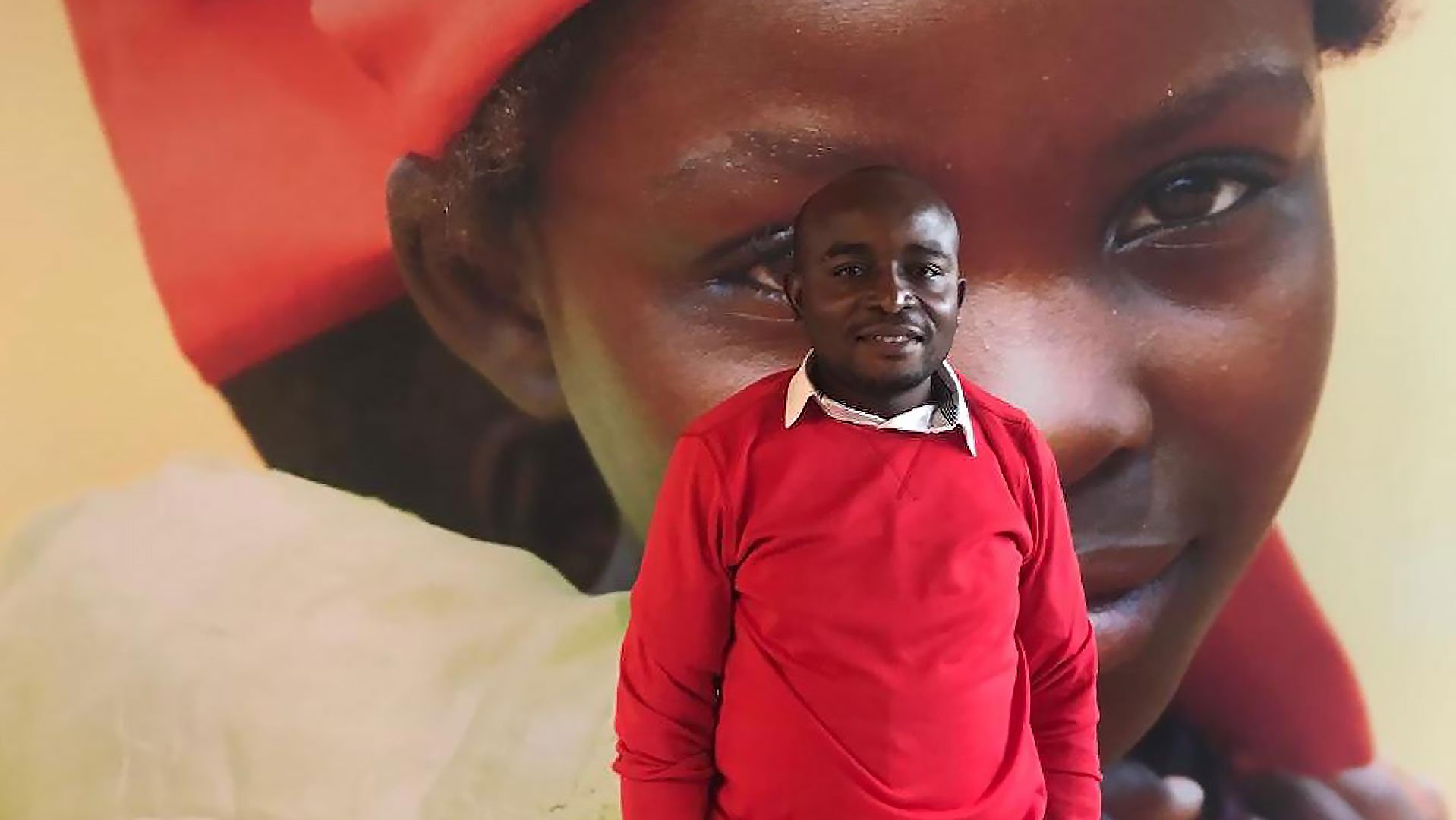
Jean Kabisa, PSA Advisor Education
Photo: War Child
On the brink of chaos
Three clear frontrunners emerged from the initial field of 20 candidates. Hardliner Emmanuel Shadari was Kabila’s favoured candidate - but faced a strong challenge from unity candidate Martin Fayulu and opposition party leader Felix Tshisekedi.
Kabila’s influence is under attack from two fronts - and divisions are taking on a violent and sectarian nature. "Dangerous dividing lines are drawn on the basis of the origin of the candidates,” Jean says. "The country is on the brink of chaos."
The future of the children
Jean is particularly concerned about the future of DRC’s children. “Access to education has been deteriorating for some time,” he explains. “In conflict-affected areas almost two-thirds of school-age children cannot go to school. And, of those few children who can, a quarter of them do not feel safe.”
“The chaos that will likely follow the elections will only make this situation worse.”
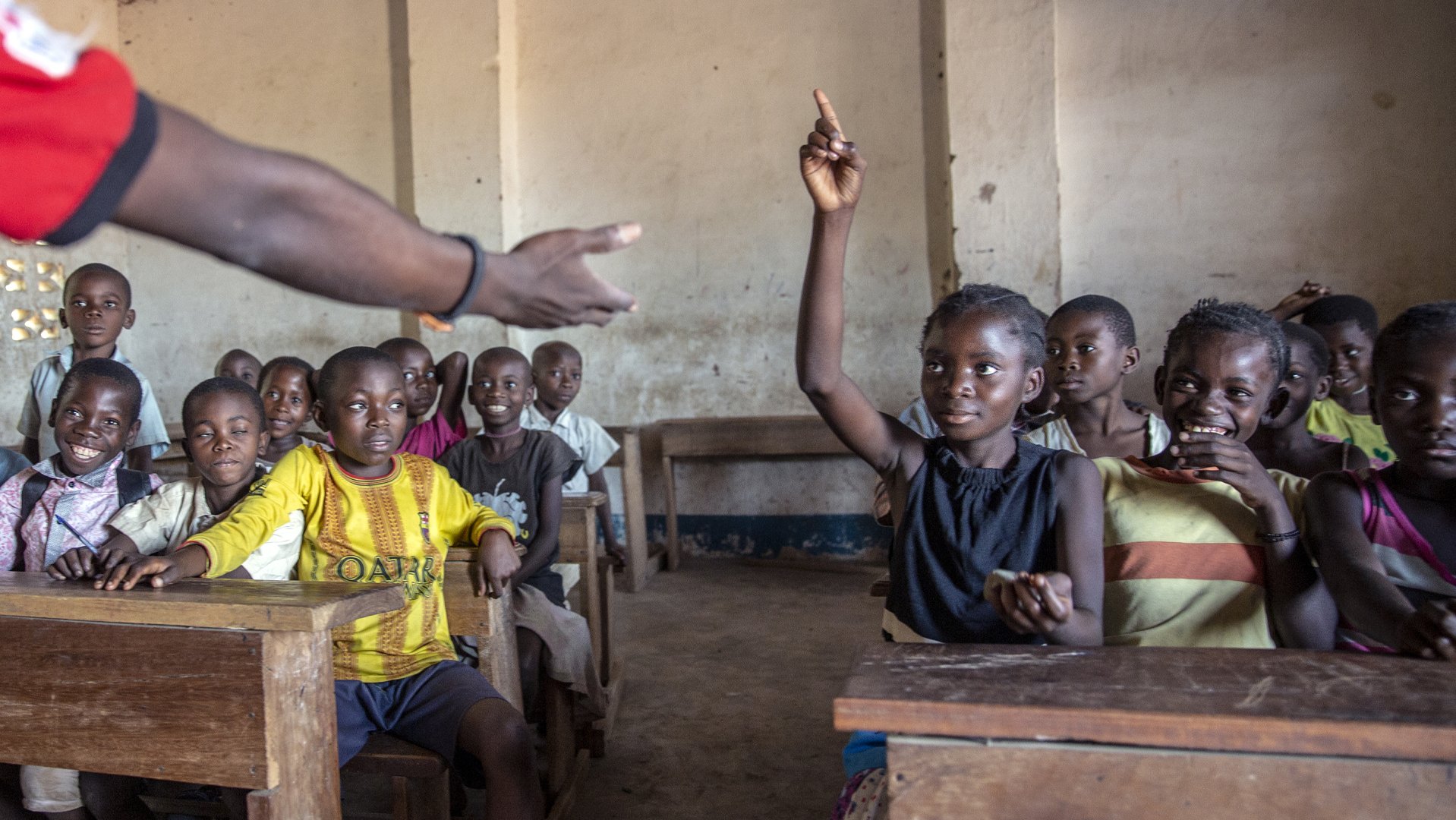
Photo: War Child
War Child in the DRC
War Child has been active in DRC since 2003. Our programmes combine education, child protection and psychosocial support to uphold the rights of children. We primarily work in the South Kivu province in eastern DRC - in the territories of Fizi and Kalehe. We work to address the education needs of children from refugee and displaced populations, as well as host communities. We provide vital psychosocial support to children and youth and assist the important adults in their lives.
Jean sees the positive impact of this work every day: "Many children have received hope again thanks to our interventions,” he states. “The capability of the local community to protect children has also been strengthened”.
Small signs of hope
The immediate prospects for peace in DRC are unclear - but Jean continues to see small signs of hope. "This country is one with more than enough possibilities and potential,” he says.
“I hope that one day it will come forward again in the world."
